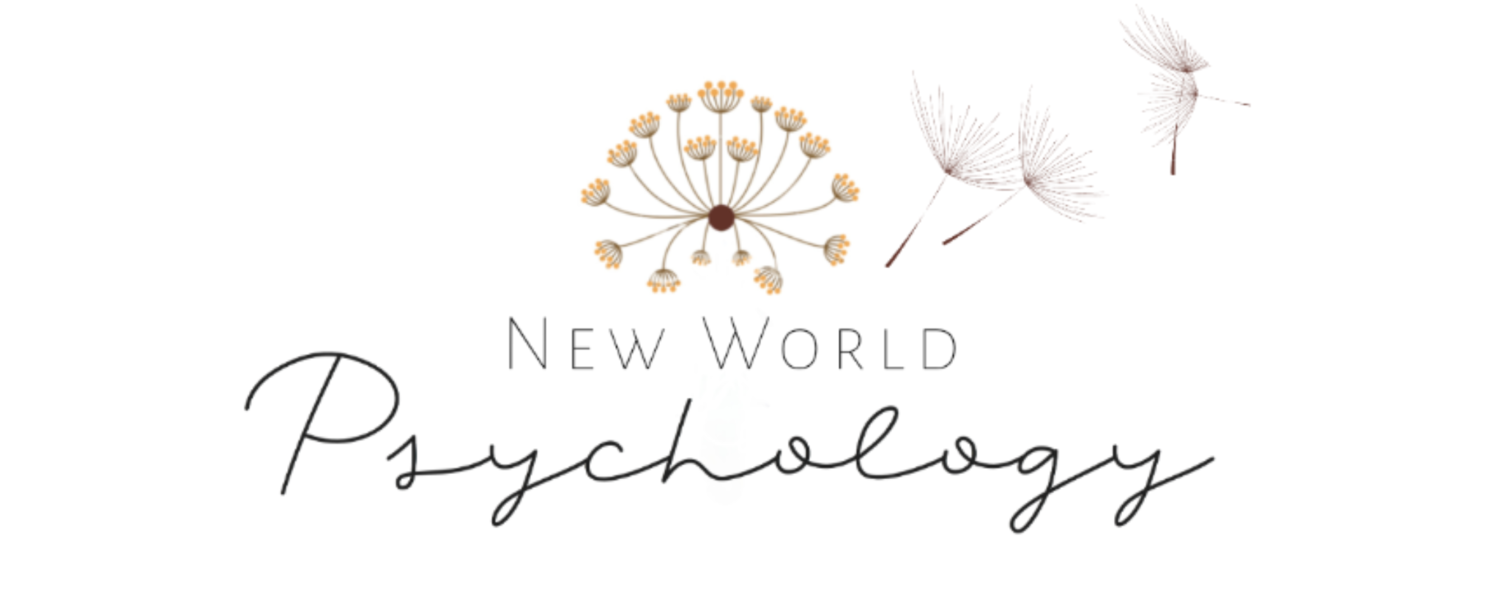Why your baby’s brain needs music
Regardless of age, innate cultures or backgrounds, all people enjoy music. We all have different tastes in music—each of us with a favorite song, band, or genre of music. Also, many of us have seen cute videos of babies bouncing and dancing along to music. There’s a reason that all babies and young ones respond to music.
Music on the Brain
Did you know that music is essential for baby’s brain development? It’s been shown that the first 3 years of life (0-3) are the most crucial for brain development and that music is one way to support that development. Music in general helps babies to reduce stress and pain, and to improve their motor skills and cognitive skills. It also helps them with spatial-temporal learning (the relation between space and time) and neurogenesis (the brain’s ability to produce neurons anew). Are there anymore benefits from music? Yes! It also helps with baby’s language development and social-emotional development while strengthening your own relationship and attachment with your baby.
Classical or…?
Here's more surprising news: In order to help your baby’s brain to develop with music, the type of music doesn’t always have to be classical. You’ve likely seen things about Baby Mozart and CDs of Beethoven’s Symphony No. 5 catered as a lullaby. Studies have shown, though, that all music in general can help with brain development. That may give some relief to you parents who are tired of Baby Shark. Also important, studies in adults have shown that the type of music you listen to does affect how you perceive the world; in this way, as parents, the moods and mental spaces we inhabit affect and dictate the music we listen to, and vice versa. At the same time, let’s be careful to keep our moods positive in order to protect baby emotionally and to play music at a low sound level in order to protect baby’s hearing.
How to include music in your daily routine for more fun with baby
Include songbooks: Reading books to your baby in general is always a great idea. Now, you also can throw in a songbook or two! (See recommendations below.)
Sing songs for everything: In musical therapy, the term ‘piggybacking’ is when you take the melody of a familiar song and make up your own words to it. For example, if you sing to the song “Row row row your boat” for a diaper change, you might start by singing something like, “Wipe wipe wipe your bum, wipe it really well. Wipe wipe wipe your bum. It’s dirty and it smells.” Piggybacked songs don’t always have to make oratorio sense. In general, though, they help the specific task at hand to become more fun while helping your child to process what is going on. Most important, music helps your little one’s brain to develop more healthily!
Use some familiar or favorite songs on your car ride: Need to fill that silence as you run errands? It’s the perfect time for daily music time!
Song/Music book recommendations
These are some books that we love at home and that I’ve used in my clinical practice:
Snuggle Puppy by Sandra Boynton
Baby Beluga by Raffi
Twinkle, Twinkle Little Star (Touch and Feel Bedtime Rhymes) by Make Believe Ideas
The Itsy Bitsy Spider (extended nursery rhymes) by Iza Trapani
He’s Got the Whole World in His Hands by Kadir Nelson
Five Little Ducks by Raffi
We All Sing with the Same Voice by Harper Collins
It’s Raining, It’s Pouring – Iza Trapani’s Extended Nursery Rhymes
Conclusion
Music and language in music are processed in a different part of the brain than spoken language, which is also why people with speech problems sometimes are able to sing beautifully. Music and music therapy have shown benefits in all sorts of people, including typical developing babies, children, children and adults with developmental delays, those with traumatic brain injuries, patients with Alzheimer’s and memory loss, as well as those with depression, anxiety, or PTSD. Music has been shown to improve and support brain development in babies, which helps those squishy little brains to create and connect neurons. So, start to include more music in your daily routine and enjoy its positive developmental effects with your baby.











